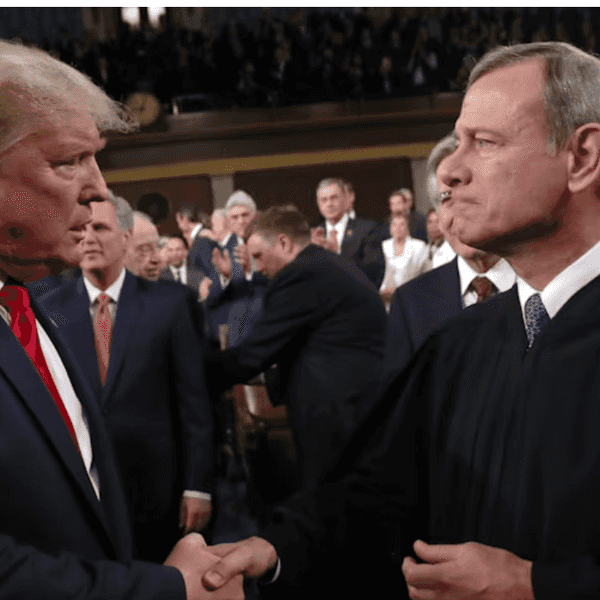Congressional Republicans are once again pushing for the enactment of a Balanced Budget Amendment. The Amendment, which was introduced by conservative Utah Senator Mike Lee, would require that revenues equal expenditures every year, and that they never exceed 18 percent of the gross domestic product. A two-thirds majority of Congress would be required to exceed those limits or to “levy a new tax or increase the rate of any tax.”
In a political environment where almost all spending has been demonized, it’s easy to understand how the idea of a Balanced Budget Amendment has become popular. While it may be good politics, however, the Balanced Budget Amendment would be terrible policy. As Slate’s Doug Kendall and Dahlia Lithwick put it:
“A balanced budget amendment sounds like a great idea—until you read a little U.S. history and count all the times America spent more in a fiscal year than it raised in taxes and why that was necessary for our very survival….[d]ebt helped fund the War for Independence, complete the Louisiana Purchase, and preserve the Union during the Civil War. Debt not only helped us weather the Great Depression; it also gave us the tools we needed to emerge victorious from two world wars.”
There’s a reason the Constitution specifically grants Congress the authority “to borrow money on the credit of the United States.” In times of crisis, the Balanced Budget Amendment could be a fiscal disaster.
The provision that would require a supermajority to raise taxes also ignores the intent of the Constitution, which empowers Congress “to lay and collect Taxes … to pay the Debts and provide for the common Defense and general Welfare of the United States.” As Kendall and Lithwick point out, the provision “would remove huge swaths of lawmaking power from majority rule and arbitrarily limit the size of government to a level not seen since the 1960s. Under the guise of promoting fiscal responsibility, we would be creating a government that could not govern.”
The Balanced Budget Amendment has little chance of becoming law; even if all 47 Republicans in the Senate vote in favor of it, 20 Democrats would have to support it as well. That seems highly unlikely, if not impossible.
Congress is currently looking to find $1.5 trillion in cuts to the deficit through the “supercommittee,” toying with efforts to solve the painful unemployment crisis, and trying to avoid a devastating double-dip recession. It should not waste time debating the Balanced Budget Amendment, which is a political ploy that would be disastrous policy, and will only serve to distract Congress from the important issues that it has yet to tackle.








